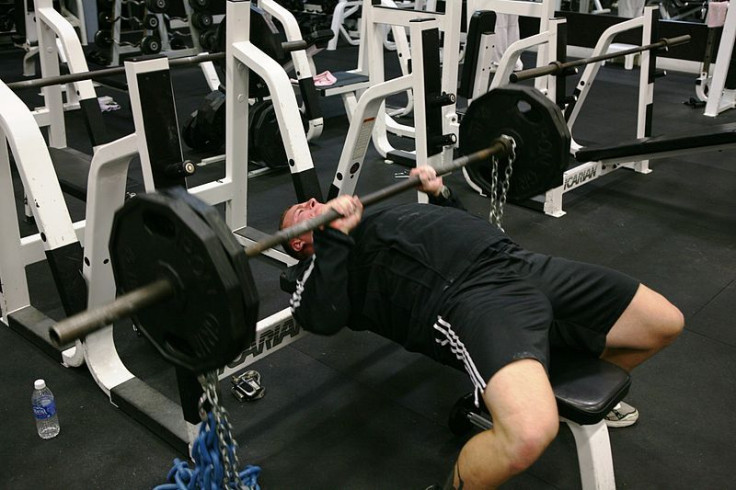Stanford QB Retires For Medical Reasons

While doing his usual bench presses during a Valentine's Day workout, Josh Nunes, 22, felt his right shoulder pop as he lifted the weight above his chest. Reacting to the pain, Stanford's former starting quarterback dropped the barbell onto his upper body. The incident resulted in a complete tear of his pectoralis major tendon and an immediately noticeable difference in the appearance of his chest: a gap between his right chest muscles and the bone in his right shoulder.
Ten days or so later, team doctors performed surgery, drilling into his bone to reattach the tendon with anchors. Although he is expected to make a full recovery, it may take him up to 12 months to do so.
Nunes, who now boasts a 4-inch scar on his chest, will begin physical therapy after the tendon takes. Needless to say, the injury has sidelined him for spring practice. This ultimately led to his decision to retire from football and end his collegiate career.
Although relatively uncommon, an injury to the pectoralis major tendon can result in significant disability.
A powerful chest muscle, the pectoralis major causes the arm to rotate inward and move closer to the body. Originating from the sternum (breastbone) and the clavicle (collarbone), two tendons come together into the pectoralis major tendon, which also attaches to the humerus bone of the upper arm.
The most frequent cause of injury of the pectoralis major tendon is bench pressing, but other activities including rugby, skiing, football, wrestling, hockey, and parachuting, can lead to this particular injury. Damage to the tendon results in pain in both the chest and upper arm, while also causing weakness and deformity of the affected area.
Surgery, which is generally required to repair the injury, gives an athlete a better chance of returning to play. Typically, six months of healing are required after surgery.
Nunes completed 52.8 percent of his passes and threw for 1,643 yards, ten touchdowns, and seven interceptions last season. Formerly a two-sport star at Upland High School in Southern California — he also was a baseball pitcher — he completed the course work for his bachelor's degree in management science and engineering, and will graduate this spring. He has been accepted into the master's program for social psychology at Stanford, where he will be focusing on organizational behavior within businesses.
Nunes said he hopes to go into the start-up world or pursue an entrepreneurship in Silicon Valley. He also is considering working for a nonprofit. It's not worth risking an even more serious injury, he told AP reporters.
Published by Medicaldaily.com



























